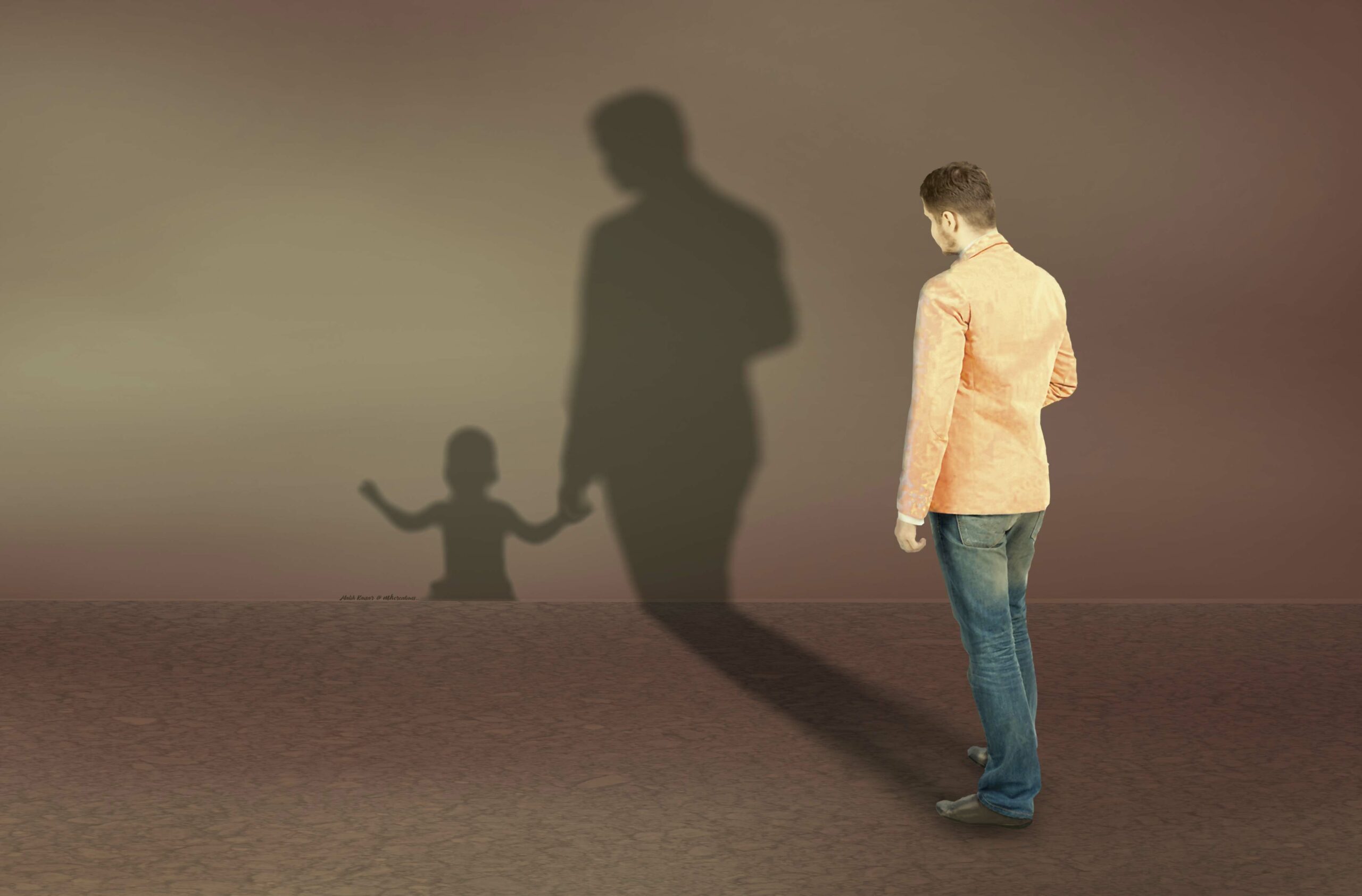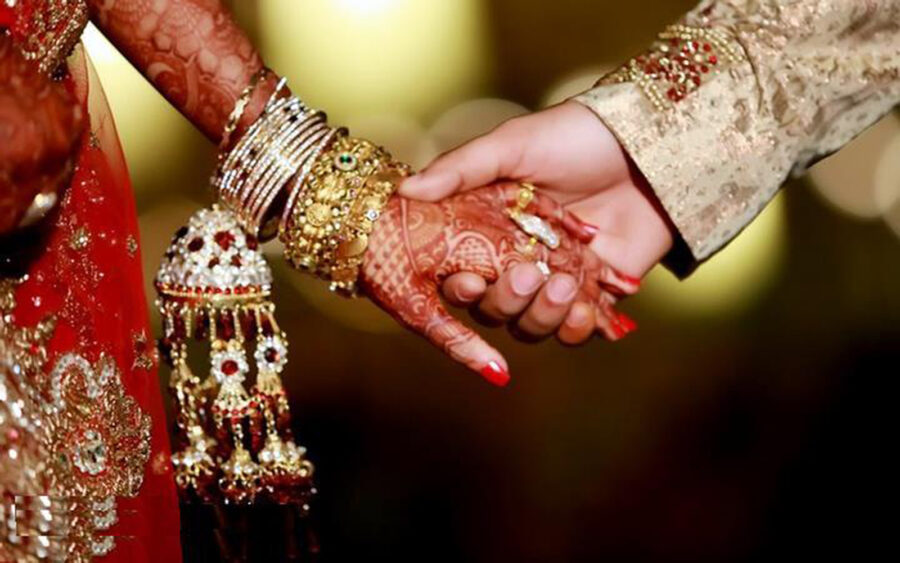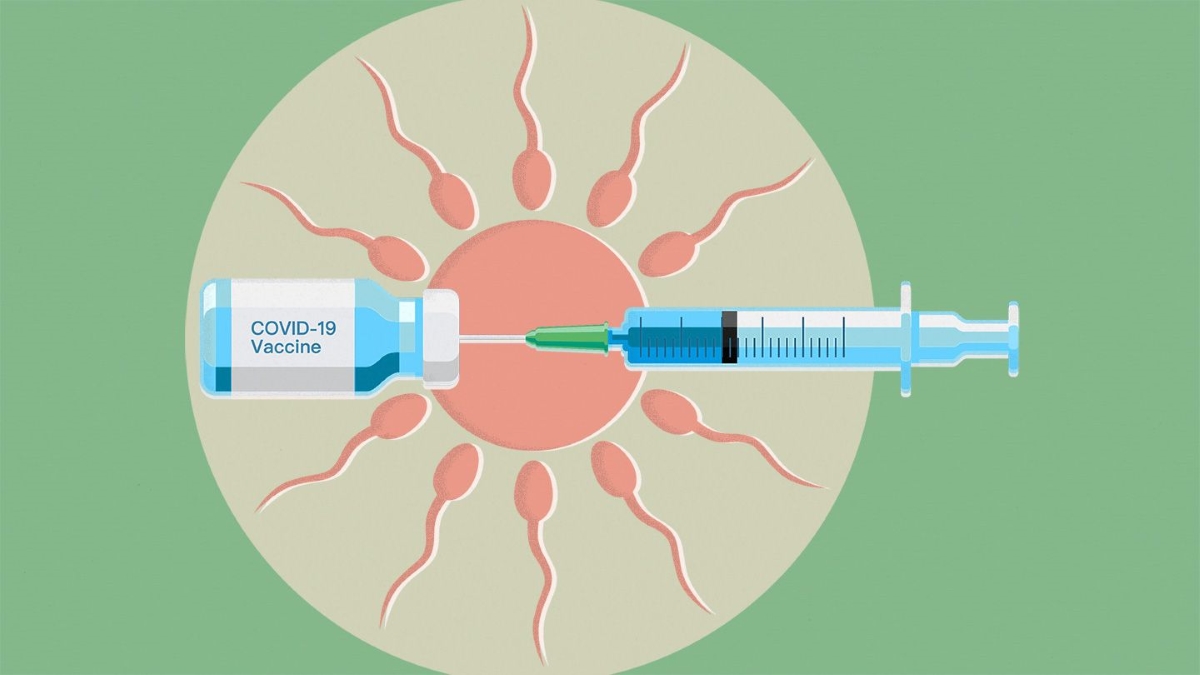With fertility going down and the number of childless couples increasing, Kashmir is witnessing a demand-supply gap in child adoptions. Post-2019, a new system under central laws in vogue has ceased giving children in ‘foster care’, made adoption legal and offered parents children on a pan-India basis, reports Faiqa Masoodi

Married for eight-odd years now, Saima, 40, is still yearning to have a child of her own. Having exhausted almost all the options of conception, she has now pinned her last and final hopes on adopting a baby.
Narrating her eight-year-long ordeal, Saima covers her visage with her hands while talking about the dark side of being married and how one is pushed to extremes by society and its “shallow parameters”.
“Few months after tying the nuptial knot and I was bombarded about Khosh Khabar by almost everyone, known or not even remotely related to me,” Saima said. “I would blush out of excitement and pray for it to happen soon.” Months flew, years passed and my excitement faded too. “I could not conceive, but that did not stop people from expecting a Khosh Khabar from me. My hopes to conceive at the outset of marriage were dashed and all I longed for was peace as the constant reminder of being infertile got me into deep depression.”
In Kashmiri, Khosh Khabar is the good news about bearing a child after getting married. Almost every Asian society has something akin to this tradition.
“I visited all the reputed gynaecologists in Kashmir and even went to Delhi for two rounds of advanced In Vitro Fertilization (IVF) treatment, but in the end, if Allah does not want me to be a mother, no medical advances could come to my rescue,” Saima said in a hopeless tone. “I dread visiting the clinics now as at every clinic I am reminded that I am not young, reproductively. I feel powerless and useless. My identity is confined to being an unproductive infertile.”
After undergoing emotionally draining, invasive, and costly procedures, everything turned out to be futile. “To rekindle my crashing hopes I turned to faith healers and did things that are still weighing on my conscience. I did whatever people advised me to do, however, could not have the bliss of having a child,” she lamented.
People would suggest her to adopt a child but she could not give up on the idea of having her own flesh and blood. “I was adamant and somehow sure that I will be blessed with motherhood,” she regretted.
Living in a newly constructed single-storey house, in north Kashmir’s Handwara belt, Saima has a pile of medications from various doctors whom she visited in the last eight years. Not able to comprehend what actually is the root cause of her condition she very lamely exclaims, “mei chi hormone kam”, (my hormonal levels are low). Doctors tell her this perhaps does not let her conceive. Saima is referring to the low levels of Anti- Mullerian-Harmone (AMH) in her body.
Widespread Infertility
Gynaecologist Dr Suhail Iqbal said that a host of factors lead to infertility in women with low AHM levels being one among them.
“In healthy females of childbearing age, higher levels of AMH mean that the ovaries have a larger supply of eggs,” he said. “As females age, the number of eggs decreases, which in turn causes AMH levels to decrease. At menopause, no eggs are left, and AMH levels drop to zero.”
Infertility is a significant clinical problem that impacts eight to 12 per cent of couples worldwide, and around 10 to 15 per cent of the population in Kashmir are struggling with infertility, as per a 2020 study to assess the “knowledge and attitude of infertile Kashmiri couples” in the International Journal of Reproductive, Contraception, Obstetrics, and Gynaecology. “Among the above percentage, the prevalence of primary and secondary infertility was 72 per cent and 28 per cent respectively,” the study noted.

Adoption Option
With the constant reminders of being infertile coupled with the stress of not being able to give her partner the bliss of parenthood, Saima is undergoing emotional sequelae with anger, anxiety, low self-esteem, and social isolation taking a toll on her mental health.
After eight years of unsuccessful fertility treatments, two failed IVFs, and constant denial about her medical condition, Saima has somehow acknowledged the fact that it is harder for her to get pregnant later in life as her biological clock is ticking faster.
“I know I cannot conceive; chances are almost zero. I have come to terms with the harsh reality that destiny inflicted on me,” she says.
After thoughtful discussions for months, the couple has finally decided to ‘adopt a baby’.
The transition from infertility to the idea of adoption has not been an easy one. “We thought a lot about it. Our discussions on adopting a baby are endless. We are mentally prepared to embrace parenthood and bring the bundle of joy home now,” she said.
Saima’s husband, Rashid Ahmad, who is five years younger than her said that he pitched the idea of adopting a baby a few years back, however, was clueless about how to go around it.
Besides, Saima’s fears of social acceptance to adoption in a society where only biological reproduction is legitimised made the decision harder for the couple.
“I would tell Saima not to waste time as I had a realisation of her condition. I wanted to go for adoption but did not know how to proceed,” Rashid said. “We do not want to adopt a child from either side of our clans. An adoption is an option until it is under wraps from society and relatives.”
An Online Process
Rashid, a teacher in a state-run school said that he recently came to know that the process of adoption has been made online in Kashmir and that anyone intending to adopt a child can apply for it in a very secretive manner.“We do not have much information about this process but will surely dig deeper into the process and register as soon as we can.”
Quick to jump into the conversation Saima said that she is very eager to apply for the process. “I have been telling Rashid saab to apply sooner. I think the process of getting online is an answer to my prayers. I cannot wait any longer now,” Saima said with no idea of what this online process had in store for her.

Pertinently, the process of adoption was already in place in Jammu and Kashmir. However, after Article 370 was read down and the erstwhile state of Jammu and Kashmir became a Union Territory, the process of adoption for the first time became online and came under the ambit of central laws.
Now, this was a major drift from what actually was happening on the ground as far as adoption in Jammu and Kashmir is concerned.
Prior to the revocation of Article 370, state laws did not allow a couple to get the legal adoption of a child. They would only get the child’s custody as a guardian. Child Welfare Committees would conduct the proper survey of the couple intending to adopt an orphaned, abandoned, or surrendered child, check their economic status, mental stability, past records, and after framing a proper report they would give them the child for foster care.
A Legitimate Process
However, after Jammu and Kashmir became a Union Territory, adoption became a legalised process. A couple can now become legal parents to a child despite not being related by blood.
In India, the Central Adoption Resource Authority (CARA) is the statutory body of the Ministry of Women and Child Development (WCD), which functions as the nodal agency for adoption, and now covers Jammu and Kashmir under its ambit as well.
The adoption of orphaned, abandoned, and surrendered children is now regulated by CARA through its associated or recognised adoption agencies under Juvenile Justice Act 2015 (JJ Act) and anyone who intends to adopt a child has to register on CARA’s portal first.
An official from Mission Vatsalya, Social Welfare Department Srinagar said that the need for Prospective Adoptive Parents (PAPs) to approach adoption agencies for registration has been obviated and they can now directly register online and upload relevant documents to determine their eligibility. Adoption agencies would subsequently conduct home visits and upload the report online.
“In a similar pattern, all the details of the adoptee children are put on the online portals and the PAPs get to select from them on a first come first serve basis,” the official said, adding that all specialised adoption agencies are connected online to the CARA. District Child Protection Units (DCPUs) are connected to the CARINGS portal for monitoring the adoption program at the district level.
The revamped CARINGS (Child Adoption Resource Information and Guidance System) portal will contain centralised data on adoptable children. PAPs would cut down delays and ensure a smoother adoption process. The system makes it possible for PAPs to track the status of their application, according to the Union Ministry of Social Welfare.
Only Way Out
The implementation of the Central Adoption Resource Authority (CARA) in Jammu and Kashmir has provided online access to prospective adoptee parents who intend to adopt a child and become legal parents and not just guardians.
Shafaq Azim Mattu, Superintendent, of Specialised Adoption Agency (SAA) Srinagar said that CARA is the only legal way of adopting a child in Jammu and Kashmir and all over India.

“CARA is your only legal way of adopting a baby,” Shafaq said. “Health status, pictures, and all the required information of the child are made available on the Child Adoption Resource Information and Guidance System (CARINGS) portal for adoption maintained by CARA thus making the process easier and transparent.”.
She further stated that there is a wrong notion among the masses that abandoned or surrendered babies have no takers. “We have fewer babies and more adoptive parents waiting to get them. All our babies go to their families before they turn one.”
She asserted that since Kashmir is witnessing a steep fall in fertility rates over the years, more and more childless couples are willing to go for adoption.
“Childless couples don’t need to visit hospitals or child care centres for adoption. They just have to follow the full proof adoption process online, after which a home survey and other required legal formalities would be done by the concerned officials,” she said, adding after the child is declared legally fit for adoption, the child would be handed over to the PAPs through proper designated agencies.
Prospective Adoptive Parents (PAPs) have to upload their application for adoption and relevant documents on CARA’s website. A home study of the PAP is conducted by a social worker of a Specialised Adoption Agency (SAA), which is an agency recognized by CARA, is then conducted, and uploaded on the website.
Profiles of children identified as legally free for adoption are then shared by the SAA with the prospective parents, who are supposed to “reserve” a child within 48 hours. After all the formalities are done, the child is handed over to PAPs through proper agencies.
Tensions Remain
However, Shafaq said that the process is not as easy as it appears to be. Couples intending to adopt a child have to wait in long queues before they are finally shown pictures of the babies. At times it takes years to reach the final stage of adoption.
An official from the social welfare department said that the new rules and adoption guidelines have created quite a stir in the organisation as the process of adoption has been made Pan India and the rules are quite different from what they used to be.
“Inter-state and inter-country adoptions are new for us. Earlier the babies at our adoption centres would not even be given for adoption at the inter-district level,” the official said. “A person from a particular district would be eligible to get a child from that district only.” Under CARA guidelines there is no such cap now.
CARA guidelines have made inter-state adoptions legal in Jammu and Kashmir. Any Indian citizen considering adoption can now opt for it in Jammu and Kashmir as well and adoption will take place as per the regulations of CARA with caste, colour, creed, religion, and region being no bar.
The official pleading anonymity said that after the process became online the department gave around five babies for adoption and all the babies went out of Kashmir, “Four of our babies were adopted by families from different states of India and one went to a foreign country,” the official said. “Who adopted them, what was their religion, what was the religion of the adopted babies nothing is known as it is all done in a very secretive manner.”
The official said that in Jammu and Kashmir if any couple or a single parent wants to adopt a baby, they have to follow the online CARA regulations and will get three preferences from anywhere in India. Under CARA regulations it’s very unlikely that a Kashmiri couple can get a child from Kashmir only. “The child to be adopted can be from any part of the country belonging to any ethnicity.”

Now for Saima and Rashid who have already started to believe that the online adoption process is something very agile and they are just a few clicks away from embracing parenthood, the nitty-gritty of the process may be a little disappointing as they march through.
Will they be able to stand the long and tiring process of adoption? Will Saima compromise to a level where she can consider the Inter-State adoption? Will the ethnicity of the child matter to her? It remains to be seen whether the couple will adopt a child after remaining childless for years of marriage.
(Saima and Rashid are a real couple but their names are changed on request).















